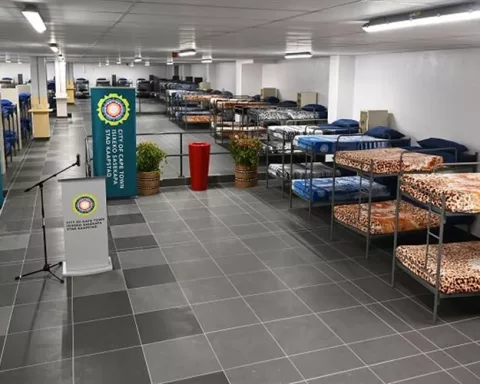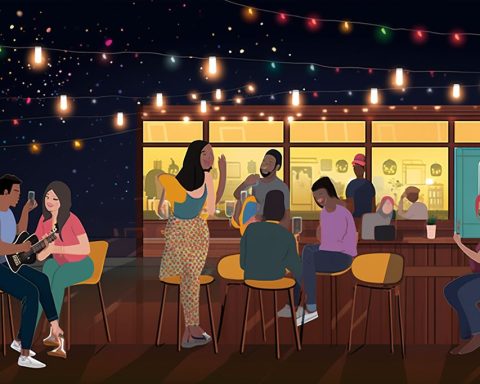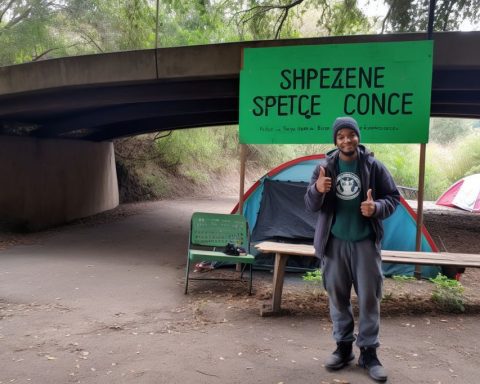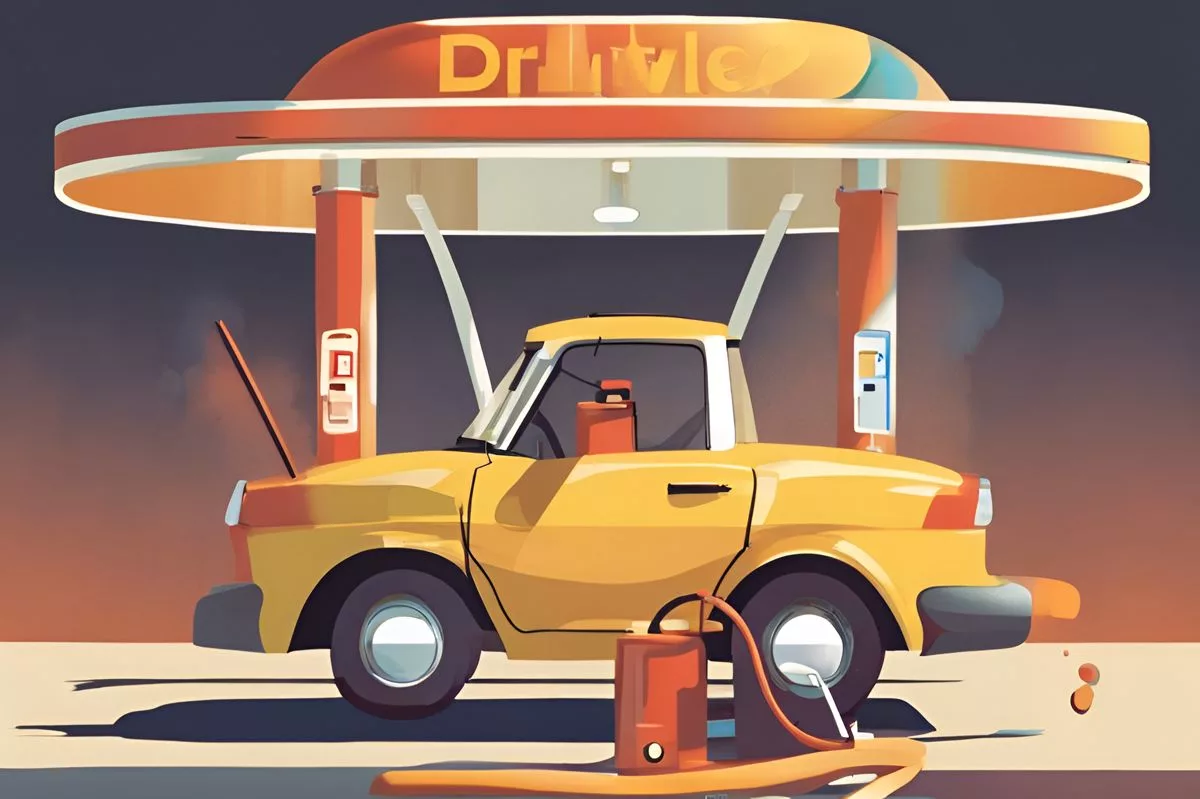Cape Town is launching a new Safe Space in Muizenberg to offer refuge to the city’s homeless community. Managed by U-Turn, a non-profit organization, the project will provide a range of services including personal development planning, job opportunities, and access to mental health, medical, and substance abuse treatments. Funded by the Mayoral Fund and a private contributor, the project is expected to operate for an initial period of three years and is a critical milestone in Cape Town’s humanitarian efforts to support its vulnerable community.
The Significance of the Muizenberg Safe Space
The Muizenberg Safe Space signifies a critical milestone in Cape Town’s humanitarian efforts, offering refuge to the city’s vulnerable homeless community. The project will be managed by U-Turn, a non-profit organization, and will provide comprehensive services such as personal development planning, job opportunities, and access to mental health, medical, and substance abuse treatments. The project will operate for an initial period of three years, funded by the Mayoral Fund and a private contributor.
Nestled on the stunning South African coast, the buzzing city of Cape Town eagerly awaits the launch of its latest Safe Space in Muizenberg. This significant project is designed to offer refuge to the city’s vulnerable homeless community. Mayor Geordin Hill-Lewis recently announced the City’s dedication to channel a substantial R4 million from the Mayoral Fund into the shelter project, with an identical amount matched by a generous private contributor.
The Significance of the Muizenberg Safe Space
The Muizenberg Safe Space signifies a critical milestone in Cape Town’s humanitarian efforts. This venture embodies the true spirit of compassionate care services, with a primary goal of empowering homeless individuals to overcome the hardships of living on the streets. The task of managing this ambitious undertaking falls to U-Turn, a non-profit organization recognized for their expertise in leading similar initiatives across the city.
This project is expected to operate for an initial period of three years, funded by the earmarked funds. Discussions for leasing a suitable municipal site are currently ongoing. Simultaneously, procedures for public involvement and crucial planning approvals have already begun, ensuring a democratic and inclusive process.
Once functional, the comprehensive services provided at the safe space will be impressive. It will facilitate personal development planning and foster job opportunities. In addition, it will act as a link to mental health, medical, and substance abuse treatments.
Strengthening Cape Town’s Assistive Network
Joining the league of five existing facilities in the CBD, Bellville, and Durbanville, the Muizenberg Safe Space serves as a tactical expansion to a chain of all-embracing city-wide facilities. Apart from providing shelter and meals, these facilities have played a vital role in offering access to social workers, family reunification services, and skills training.
Mayor Hill-Lewis expressed his pleasure over the R4 million allocation. He highlighted the significance of this new facility as the sixth transitional shelter launched by the City. Furthermore, he noted that the forthcoming inauguration of a 300-bed safe space in Green Point would increase the total number of beds to 1,070 across all facilities.
The Mayor stressed the importance of accepting social aid to enhance dignity, health, and well-being. He discouraged the persistent rejection of offers of shelter and support, reminding us of the transformative power of receiving aid.
Collaborative Efforts for a Greater Cause
Councillor Patricia van der Ross, a member of the mayoral committee for Community Services and Health, reflected on the City’s existing aid to around 3,500 individuals per year through shelter placements and referrals to varied social services. She expressed her excitement at the prospect of expanding these services to a larger population in the wider Muizenberg area and reiterated the commitment to work hand-in-hand with the community and civil society.
The City’s Safe Space model is a paragon of all-around care. It provides a dignified shelter, amenities, two daily meals, and direct access to social workers. It also enables personal development planning and social services, such as assistance with identification documents and social grants, family reunification services, access to substance and alcohol abuse treatment, skills training, job search assistance, and opportunities for EPWP work placements.
Cape Town’s Unyielding Commitment
Despite being steeped in rich cultural heritage and natural allure, Cape Town continues to make significant progress towards a more inclusive society. The Safe Space initiative stands as a beacon of hope, bearing witness to the city’s steadfast commitment to its residents.
What is the Muizenberg Safe Space?
The Muizenberg Safe Space is a new safe space in Cape Town that provides refuge to the city’s vulnerable homeless community. It is managed by U-Turn, a non-profit organization, and will provide comprehensive services such as personal development planning, job opportunities, and access to mental health, medical, and substance abuse treatments. The project will operate for an initial period of three years, funded by the Mayoral Fund and a private contributor.
How is the Muizenberg Safe Space significant?
The Muizenberg Safe Space is significant because it signifies a critical milestone in Cape Town’s humanitarian efforts. This venture embodies the true spirit of compassionate care services, with a primary goal of empowering homeless individuals to overcome the hardships of living on the streets. It joins the league of five existing facilities in the CBD, Bellville, and Durbanville, serving as a tactical expansion to a chain of all-embracing city-wide facilities.
What services are provided at the safe space?
The Muizenberg Safe Space provides comprehensive services such as personal development planning, job opportunities, and access to mental health, medical, and substance abuse treatments. It also offers a dignified shelter, amenities, two daily meals, and direct access to social workers. Additionally, it enables social services, such as assistance with identification documents and social grants, family reunification services, access to substance and alcohol abuse treatment, skills training, job search assistance, and opportunities for EPWP work placements.
How is the Muizenberg Safe Space funded?
The project is funded by the Mayoral Fund and a private contributor, with the City’s dedication to channel a substantial R4 million from the Mayoral Fund into the shelter project, with an identical amount matched by a generous private contributor.
How long will the Muizenberg Safe Space operate?
The Muizenberg Safe Space is expected to operate for an initial period of three years, funded by the earmarked funds.
What is Cape Town’s commitment to its residents?
Cape Town is committed to creating a more inclusive society for its residents. The Safe Space initiative stands as a beacon of hope, bearing witness to the city’s steadfast commitment to its residents. The City’s Safe Space model provides a range of services to assist vulnerable individuals in the community.












